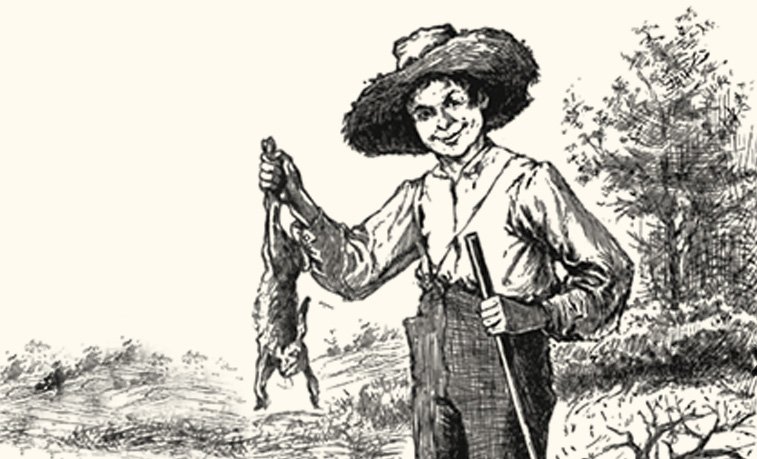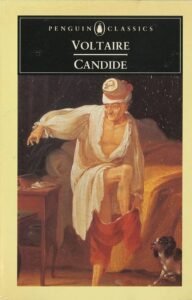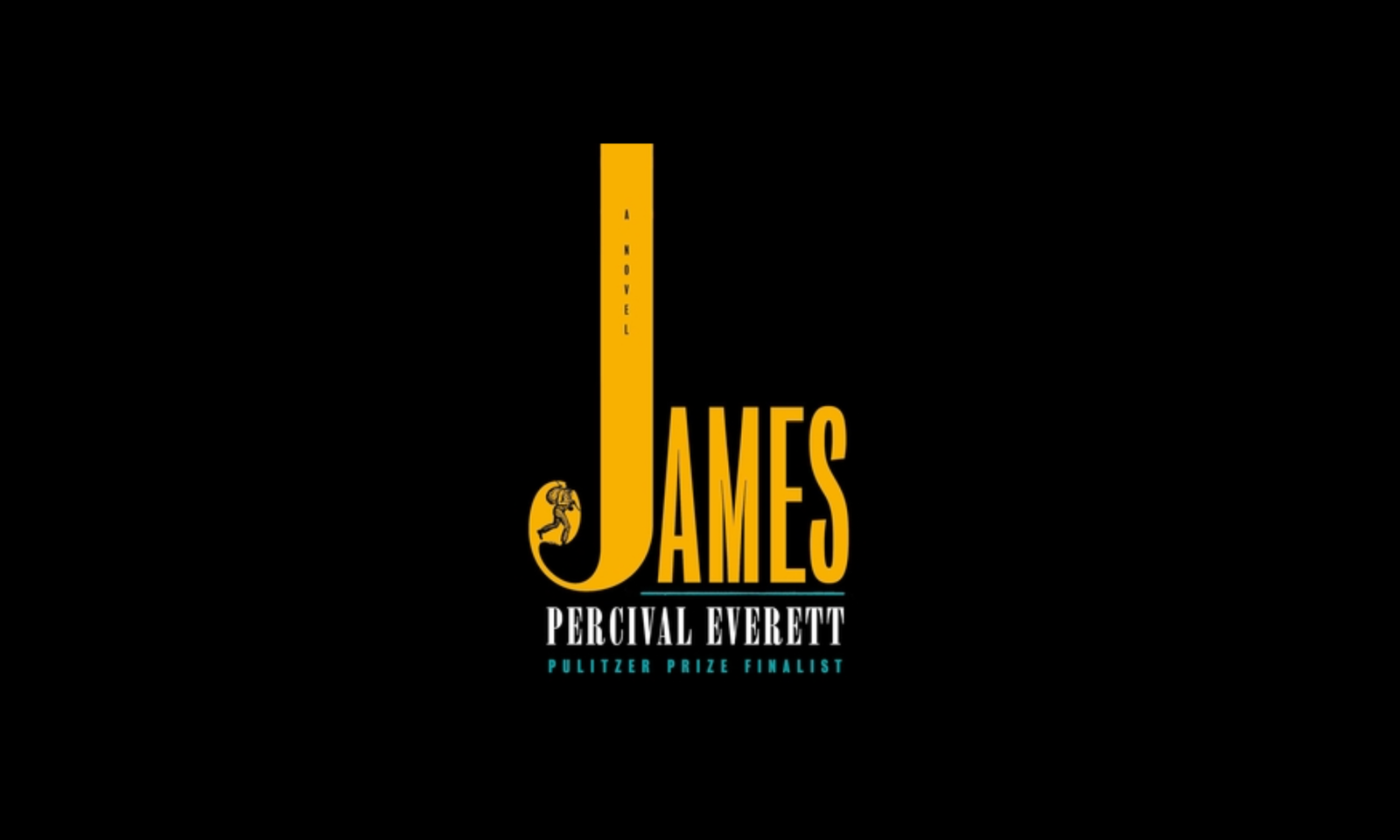James is a novel by author Percival Everett and is based on Adventures of Huckleberry Finn by Mark Twain. It tells the story in the first person not from the character Huck but through the enslaved person Jim. Huck Finn is a classic work of American literature that everyone has heard of but as I am finding few people have actually read. Ernest Hemingway is quoted as saying “all modern American literature comes from one book by Mark Twain called Huckleberry Finn.” A few years ago I wanted to revisit this Twain classic. Thinking I could pick up a copy at a local Goodwill I found myself out of luck. I did find one eventually and when I read the introduction I soon realized I had picked up a sanitized, censored version. I had purchased the 2011 edition of the book, published by NewSouth Books. This version replaced the term “nigger” with “slave” (not even enslaved person) throughout the book. I am sure that Twain would have not approved as he got bent out of shape when his editors simply changed his punctuation.
But the truth is, that when a Library expels a book of mine and leaves an unexpurgated Bible lying around where unprotected youth and age can get hold of it, the deep unconscious irony of it delights me and doesn’t anger me.
– Letter to Harriet Whitmore, 7 February 1907

In any event, Huck Finn has been banned from the beginning. I did eventually purchase the original Huck Finn, complete with illustrations. This was the version Mark Twain approved. It is always best to read the original.
Adventures of Huckleberry Finn is a complicated tale that brings up many timeless themes. It makes perfect sense for Everett to use Huck Finn as a springboard for a reimagining of this classic. James tells the story of Huck Finn through the eyes and ears of Jim; in this way he is pulling one on Twain by making a “stretcher” out of his “stretcher.” Additionally Everett goes a step further than Twain and allows the character Jim to not just be freed but to become empowered. James like Huck Finn challenges assumptions about race, sex, gender and identity and in the end through a combination of education, courage, reason and the performative, James finds agency by embracing the ideals of The Enlightenment. James is a book about the “American dream.”

In order to get the most out of James it is best to have first read a few books that are referenced otherwise these references will make no sense. Start with the short novella Candide: or, The Optimist (1759) by Voltaire (it is around 100 pages). Like Huck Finn this book was banned and Voltaire did spend time in prison for his writings. Candide is a bit like a comic book in that it moves very fast – there is sex, rapes and violence, gold and jewels. Like Huck Finn it is really for adults. Characters and places from Candide make their way into James. Of course the next step is to read Huck Finn – the original version with all the bad words. Take your time.
A major theme throughout James is the performative and the anxiety that surrounds identity. In modern times this has been often called code-switching. Jim has to be careful that he does not slip out of the language of being a slave and give away that he can read and write. Of course he pulls it off mostly until at a crucial point in the book (which I will not spoil). An important thing about this code-switching is that it is handed down through generations with the elders teaching their youth how to speak and act like a slave as a means of survival. In modern language, this is perhaps a psychological aspect of what is called systemic racism. You also have a few characters who’s sex or gender are misidentified – Doris and Sammy. This is not thoroughly explained but surely has to do with black people being controlled and abused by their owners. Interestingly, the people concerned are so abused they simply accept their lot in life. Of course the King and the Duke are all about code-switching and impersonating royalty. I think it was a missed opportunity that James does not play around more with these two characters as Twain did, revealing the arrogance, corruption and incompetence of royalty. How soon we forget.
In James, the historical characters Voltaire and Locke enter the novel though Jim’s dreams. The first time is soon after he is bitten by a snake and delirious. In this way, history becomes surreal and less believable than the fiction – we only see historical figures in dreams. Jim’s dream-induced conversations with Voltaire are brief but we get a references to Westphalia and the notion of “tending your garden” and near the end Cunégonde, the love interest of Candide. Besides references to these themes the philosophical themes that Voltaire brings up in his work are not ventured into. There is no Professor Pangloss and his dogmatic “best of all possible worlds” mantra. By the time James reunites with his wife Sadie and daughter, the Voltaire references are long gone. Unlike Cunégonde, Sadie has not lost her charm and is not irritating to be around. And unlike Candide who’s identity is a constant, Jim becomes James and this identity is reinforced with the notion that you claim your identity through courage and the performative. James discards that layer of his self that is disenfranchising. If you no longer speak with the diction of a slave, then you are no longer a slave.
Race in America has a complicated history and Everett helps to illuminate this complexity not dumb it down or simplify it. In the end, James does begin to live his dream of freedom and is empowered by his literacy and the ideals of The Enlightenment that all men are created equal. As the plot twists and turns, by the end James is not anything like Huck Finn. We find ourselves back in Hannibal then another city with Jim looking for his wife and family on a “breeder farm.” Good grief! Things move quickly and become a bit like a Cohen Brothers thriller movie with lots of violence and fireworks. It is probably a good idea to read the book now. It is a thrilling page-turner and James will be in theaters soon.

